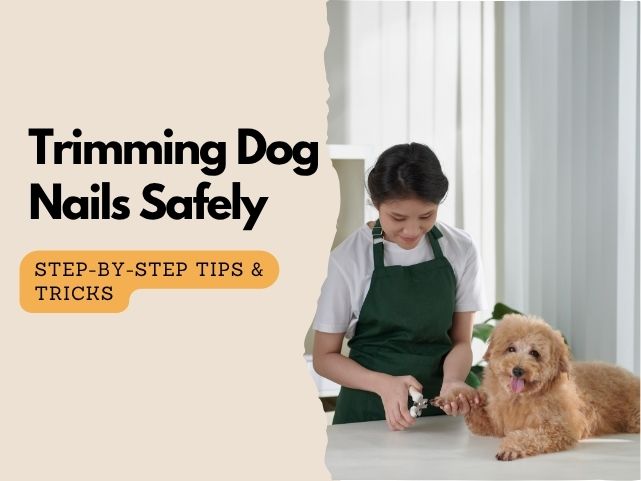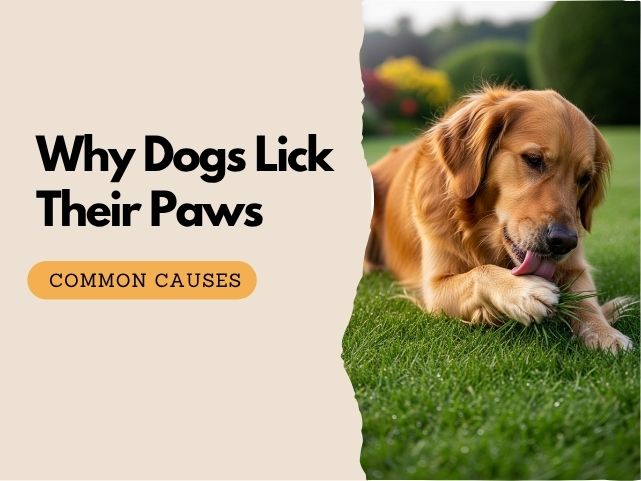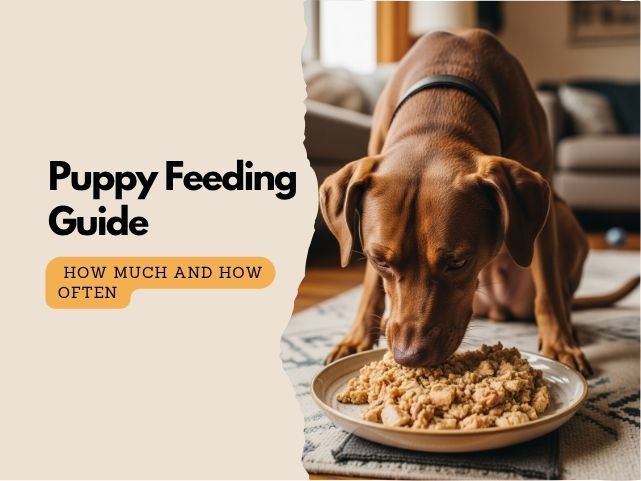Quick Summary
If you’re the parent of a dog, you’ve probably run into the very annoying issue of your dog not eating the food it usually eats and rejecting any new kind of food ,too. Your furry friend doesn’t want anything to do with food, and nothing you do makes a difference. So, what can you do when your dog isn’t eating?
There are several different reasons why a dog might be rejecting food, and to solve the problem, it’s essential to understand what is causing it. So to help you out, we will be looking at why your dog might not be eating and what you can do to help bring them back to their bowls.
Every Dog has its Personality.
Just like people, dogs have their quirks regarding food. Some inhale every meal like they haven’t eaten in days, while others daintily nibble or take their sweet time. Knowing your dog’s normal eating behavior is key because changes in appetite can mean different things depending on what’s “normal” for your pup.
A dog not eating food at all can be a worrisome sign, especially if it’s for more than a day or two. You can check out our Meal Tips for Normal & Picky Eatersguide for an in-depth look at what you want to feed your dog if they are a picky eater and what to feed a regular dog.
Medical Issues
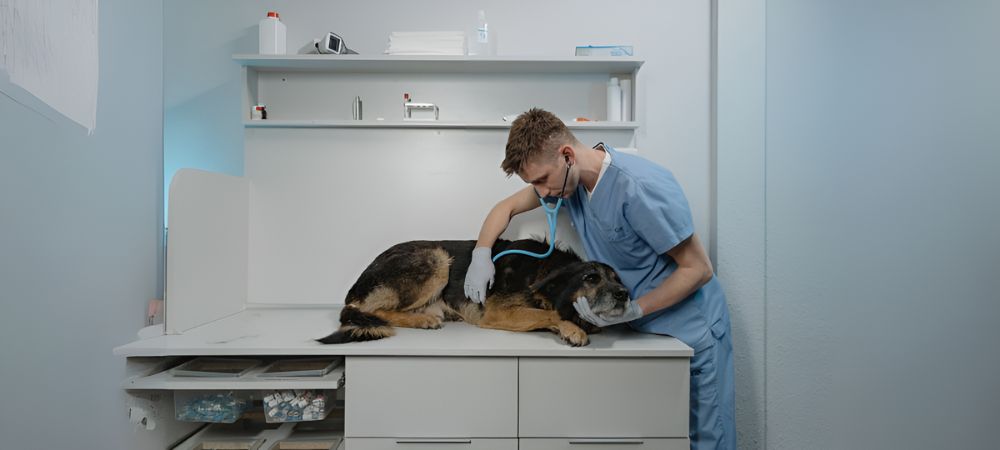
One of the biggest reasons why your dog might not be eating food is that they have some sort of medical issue. Like most animals, dogs can not directly tell us they are in pain or suffering from a medical problem, and one of the major signs that your dog might not be ok is them losing their appetite.
So, when looking at the question of why my dog won’t eat his food, the most common medical issues that might be affecting your dog are:
- Dental issues
- Stomach or digestive trouble
- Infections
- Cancer
- Chronic illness
If you feel like one of these issues is why your dog does not eat food, then it’s best to seek out a vet’s opinion.
Medication
Sometimes the medication a dog takes can also affect its appetite. If you’ve just put your dog on some new medication and are thinking Why is my dog not eating her food or Why is not eating his food, then you might want to look into the dosage you are giving to your dog or try changing the medicine itself.
Emotional or Behavioral Causes
Dogs can be very emotional animals, and often, their emotions can severely affect their appetite. Most people don’t think of emotional health when asking why their dog doesn’t want to eat, which is very wrong. So, how exactly do emotional and behavioral causes affect your dog’s appetite?
Stress & Anxiety
Changes like moving to a new home, traveling, or introducing a new pet can reduce your dog’s appetite. Even seemingly minor shifts in routine can make some dogs anxious enough to skip meals.
Grief
Like humans, dogs can mourn the absence or loss of a family member or an animal companion. Grieving dogs will often refuse to eat for days and show their sadness.
Learned Behavior
Believe it or not, some dogs learn that not eating gets their attention.You may have unintentionally reinforced the behavior if you’ve ever rushed to add treats, chicken, or hand-feed your dog when they skip a meal.
Changes in Food or Environment
Dogs are creatures of habit. If something about their food or environment suddenly changes, it can mess with their desire to eat.
Switching Food Too Fast
Dogs may need time to adjust to new food. An abrupt taste, smell, or texture change can make them wary. Always transition over 7 to 10 days by mixing in increasing amounts of the new food.
Always transition over seven to ten days by mixing increasing portions of the new food with the current one. If you want tips on how to make this process smoother, check out our guide for normal picky eaters.
Spoiled or Unappealing Food
Check the expiration date on kibble, and give it a sniff. Dogs will often refuse food that smells rancid or simply stale. Similarly, wet food left out for too long can go bad quickly, especially in warm weather.
Too Many Treats
If your dog gets many snacks throughout the day, they may not be hungry when meal time rolls around. High-value treats (like cheese or peanut butter) can also make meals seem dull by comparison.
Heat or Weather Changes
During hot, humid days, it’s perfectly normal for a dog’s appetite to decrease. This is especially true for dogs with thick coats or flat faces like Bulldogs, Boxers, and Pugs.
When to Be Concerned
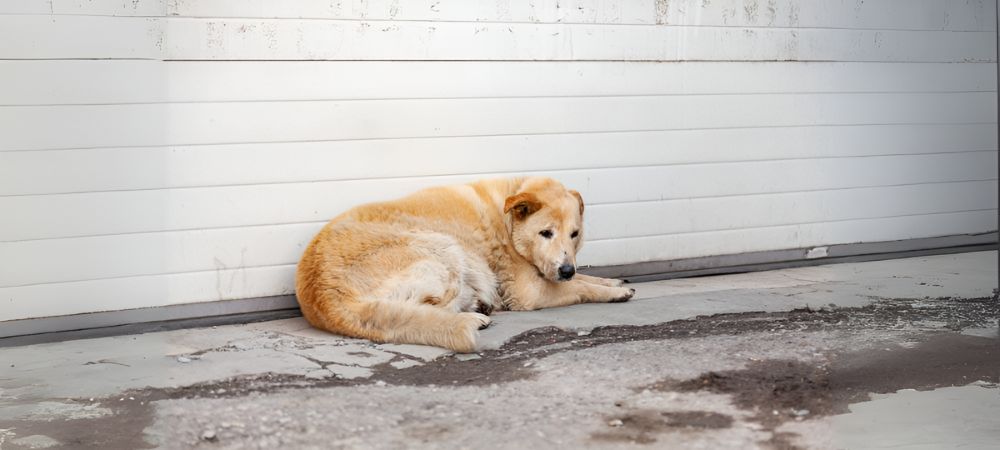
Here’s when it’s time to stop guessing and see your vet:
- Your dog hasn’t eaten anything in more than 24 hours (or 12 hours if they’re a puppy)
- They’re also vomiting, having diarrhea, or showing signs of pain
- They appear weak, wobbly, or unusually quiet
- They’ve lost weight quickly or refuse water
- You suspect they ingested something toxic or inedible
Can Loss of Appetite be Prevented
Factors such as illness or loss of a loved one cannot be prevented, but you can still do a lot to prevent a loss in appetite due to other factors in your control. So, here are some tips to help you reduce the chances of your dog refusing food:
- Stick to a constant routine: Try feeding your dog at the same time every day
- Use high-quality food: High-quality or premium dog foodcan make a big difference, as your dog will often enjoy high-quality food more than regular, low-quality food.
- Avoid giving a lot of treats: While treats can be a good thing in keeping your dog’s morale up, a lot can be awful as it can affect your dog’s appetite and overall health. Treats should not exceed 10% of your dog’s daily food intake.
- Schedule regular vet checkups: Vets are more likely to detect medical issues affecting your dog, so try to take your dog to a vet regularly.
Conclusion
When looking at why your dog might not be eating food, many people tend to jump to the worst conclusion, but that isn’t always the case. Medical issues can be a reason for a loss in appetite, but there are a lot of other factors that can affect your dog’s appetite
The quality of food you give to your dog is one of the most important things to look at. If you are looking to buy dog treats for your dog in Saudi Arabia, check out Soluky Pet, a pet food retailer that sells high-quality premium dog food that will leave your dog wanting more!
FAQs
Q: How long can a dog go without eating?
A: Most dogs can go 3-5 days without food, but this is not ideal as it can lead to complications. So in most cases, if your dog refuses food for over 24 hours, you should contact your vet.
Q: My dog eats treats but nothing else. Why?
A: This likely means your dog has developed a taste for treats and only wants to eat them instead of regular dog food. If you run into this problem, try to decrease the amount of treats you give your dog and slowly start giving them regular dog food.
Q: Should I be worried if my dog skips one meal?
A: No, perfectly healthy dogs might sometimes skip a meal for reasons like feeling hot, tired, or just being picky that day. You shouldn’t be worried standard, your dog is acting normal other than skipping a meal.
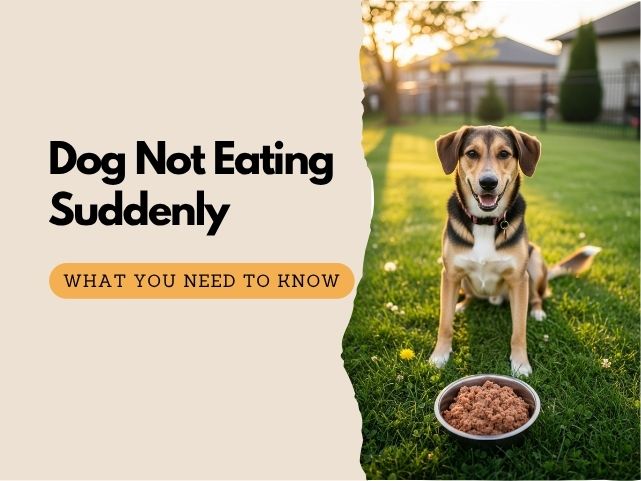
 You Might Also Like
You Might Also Like